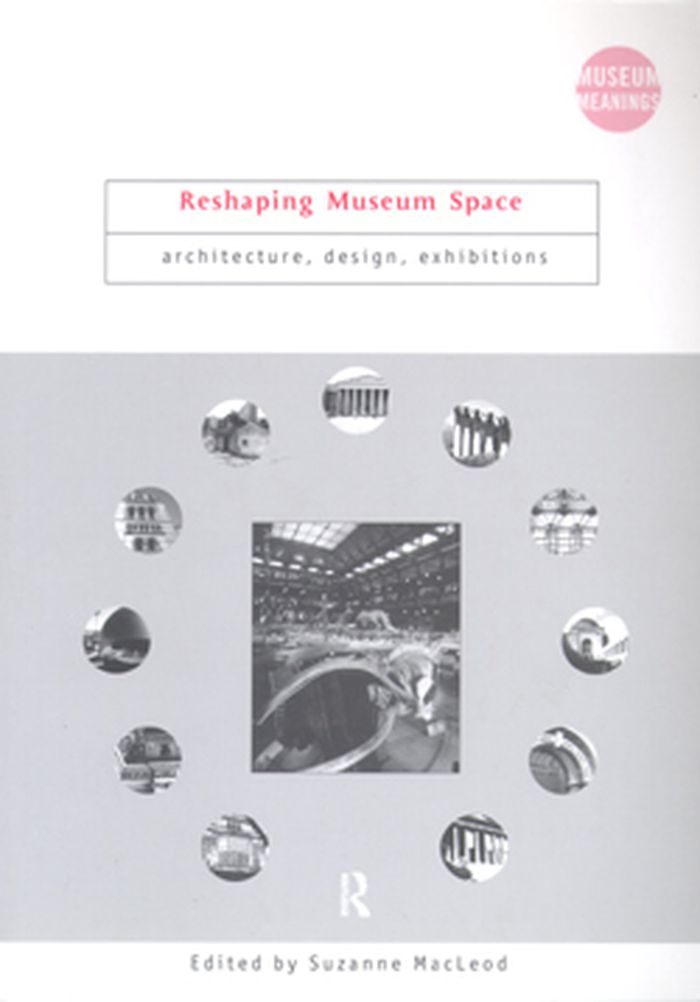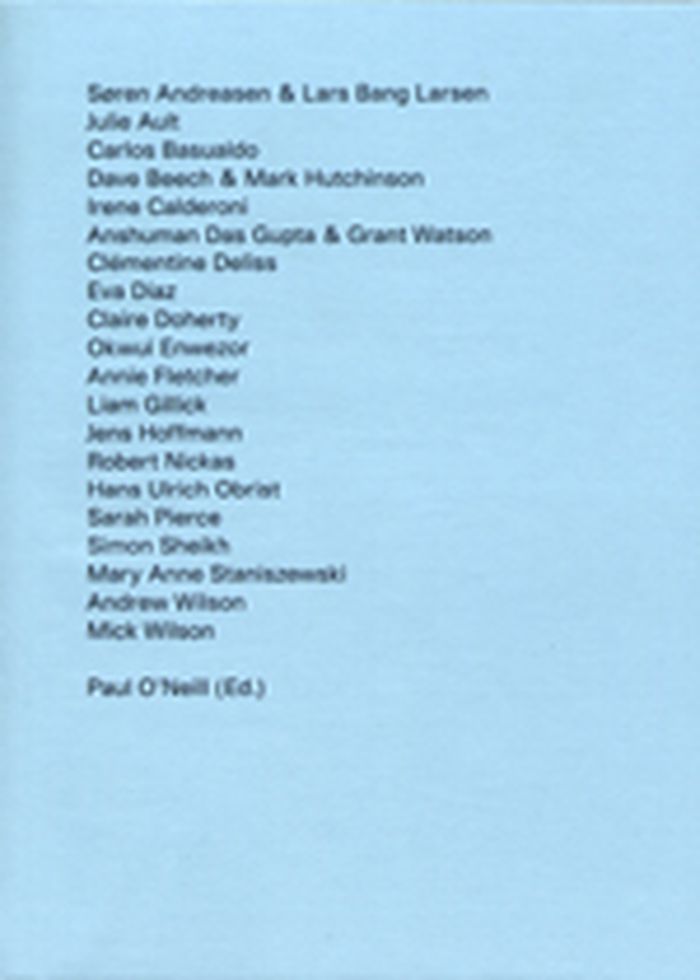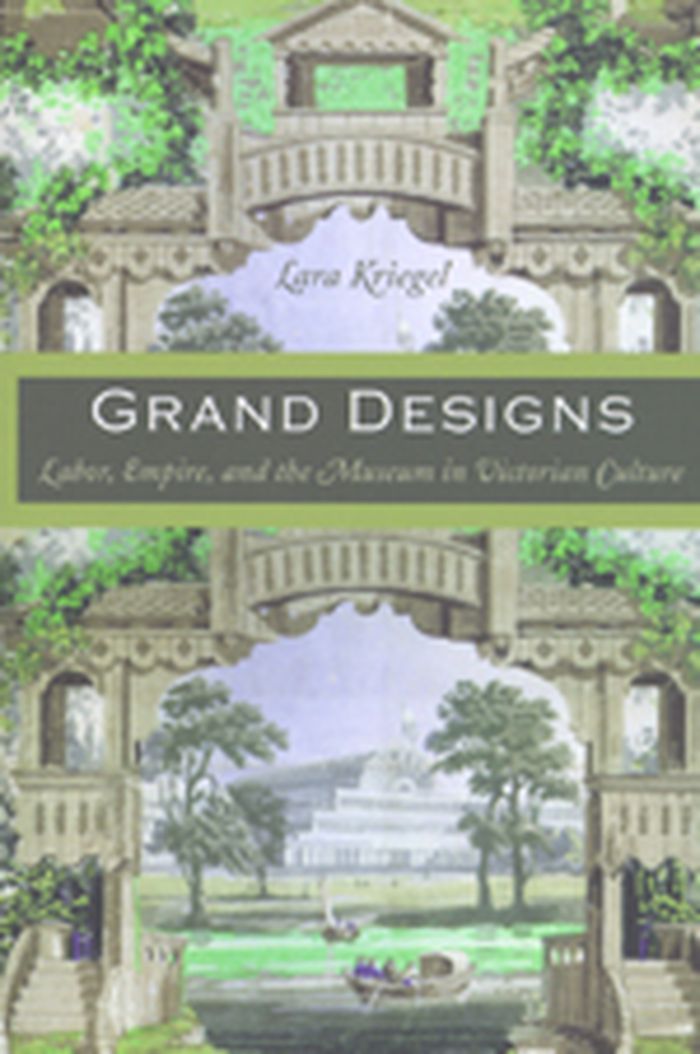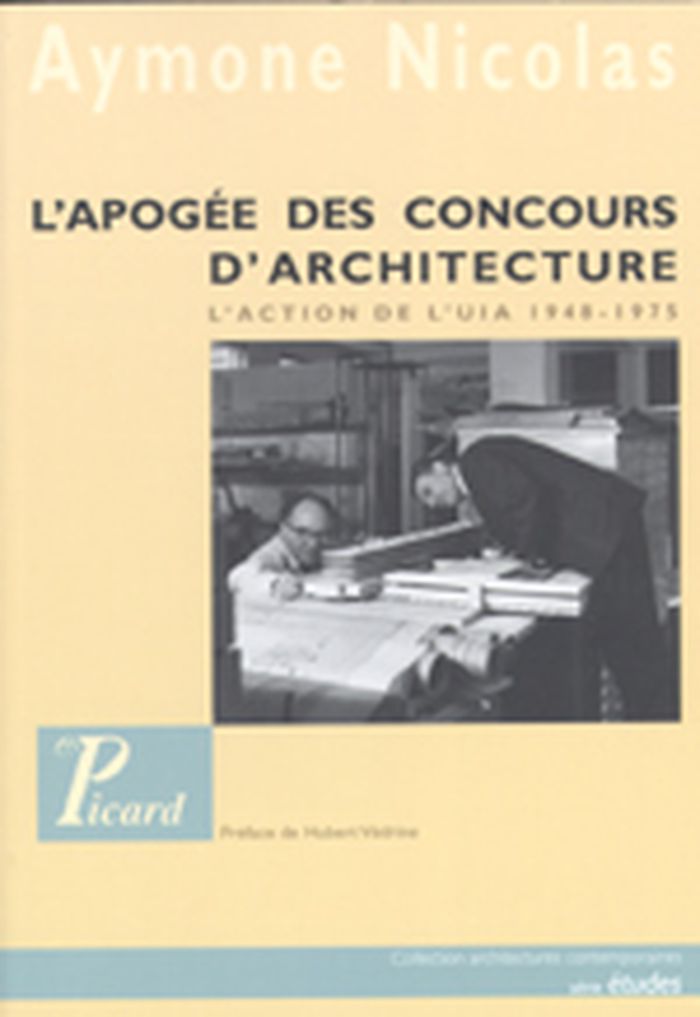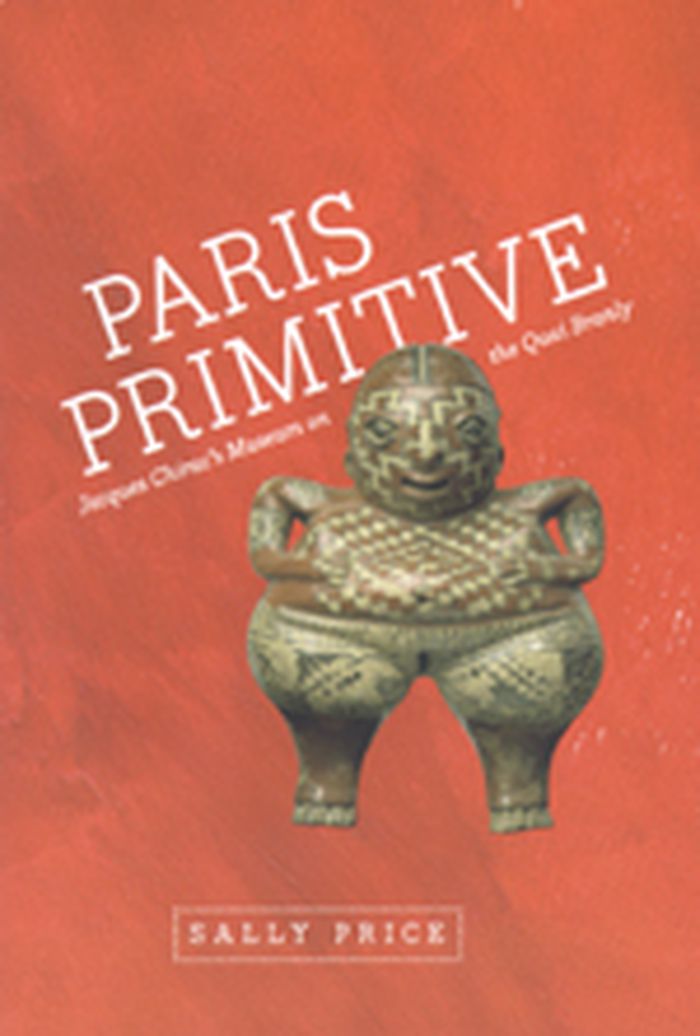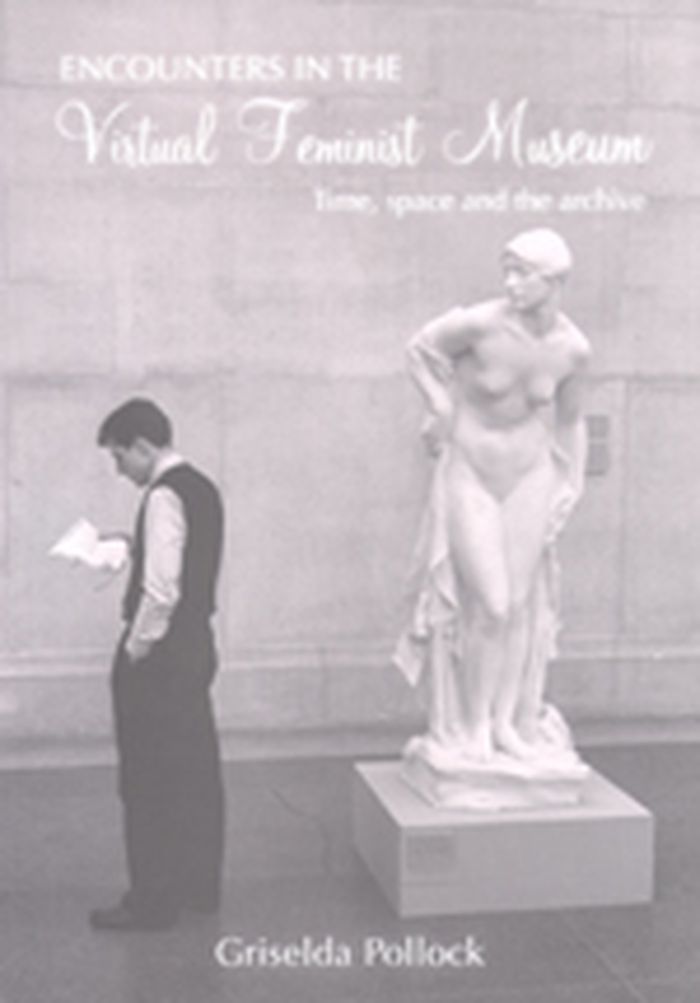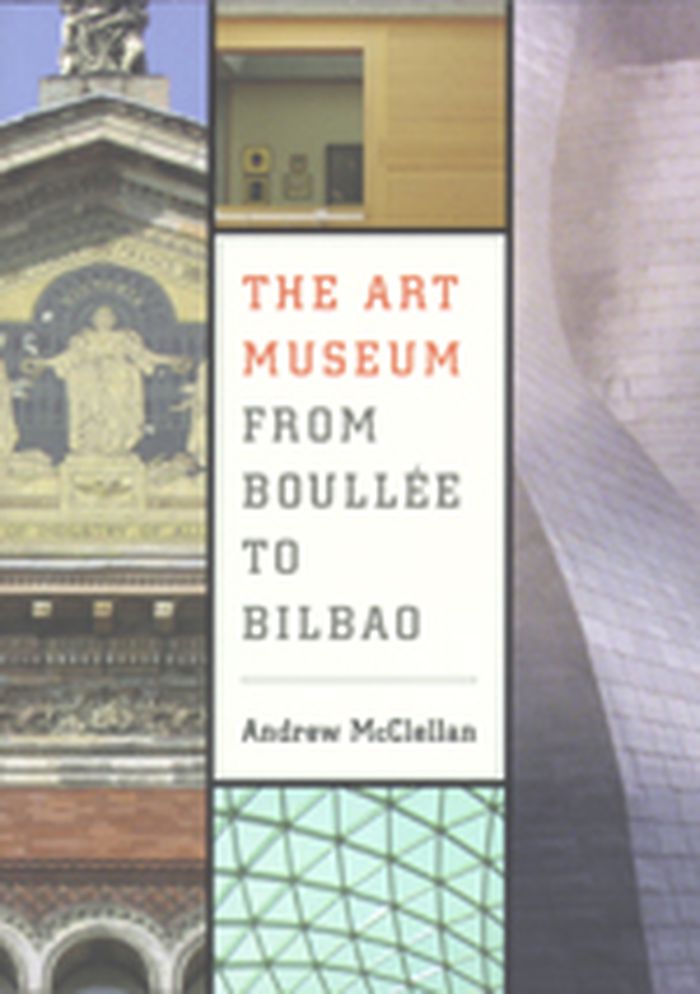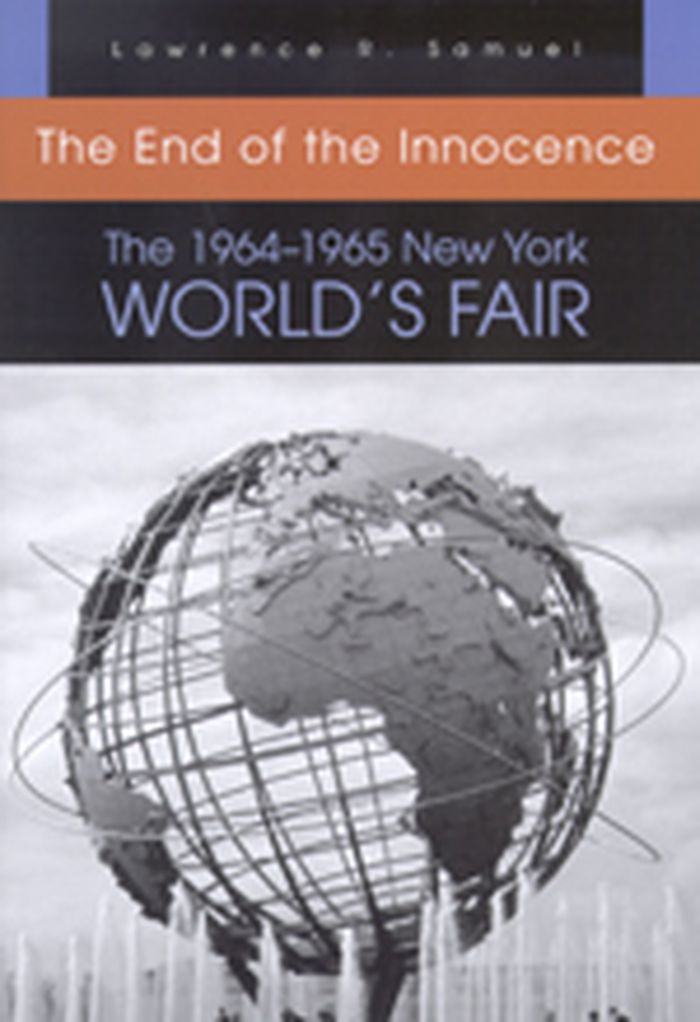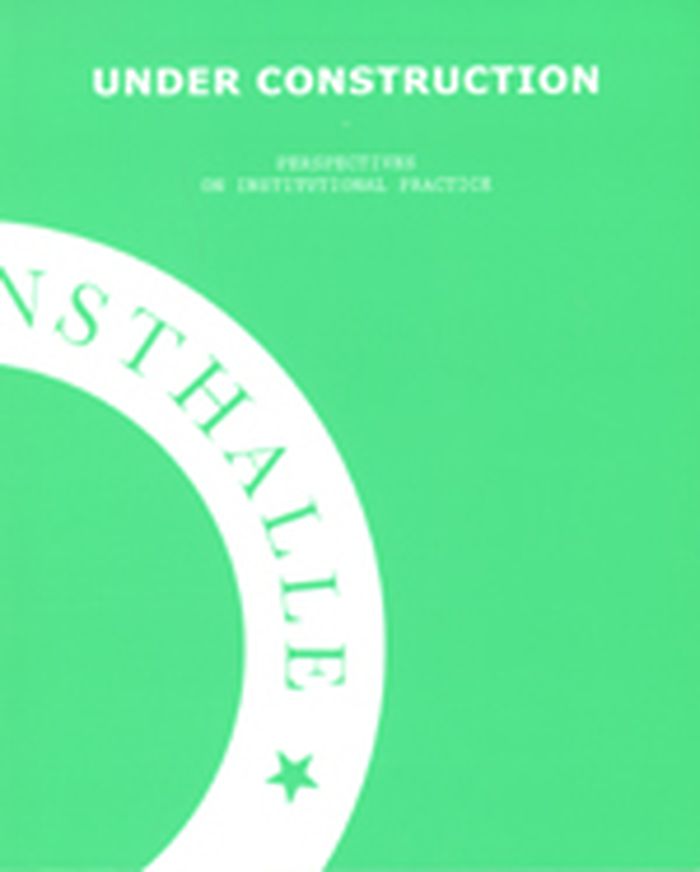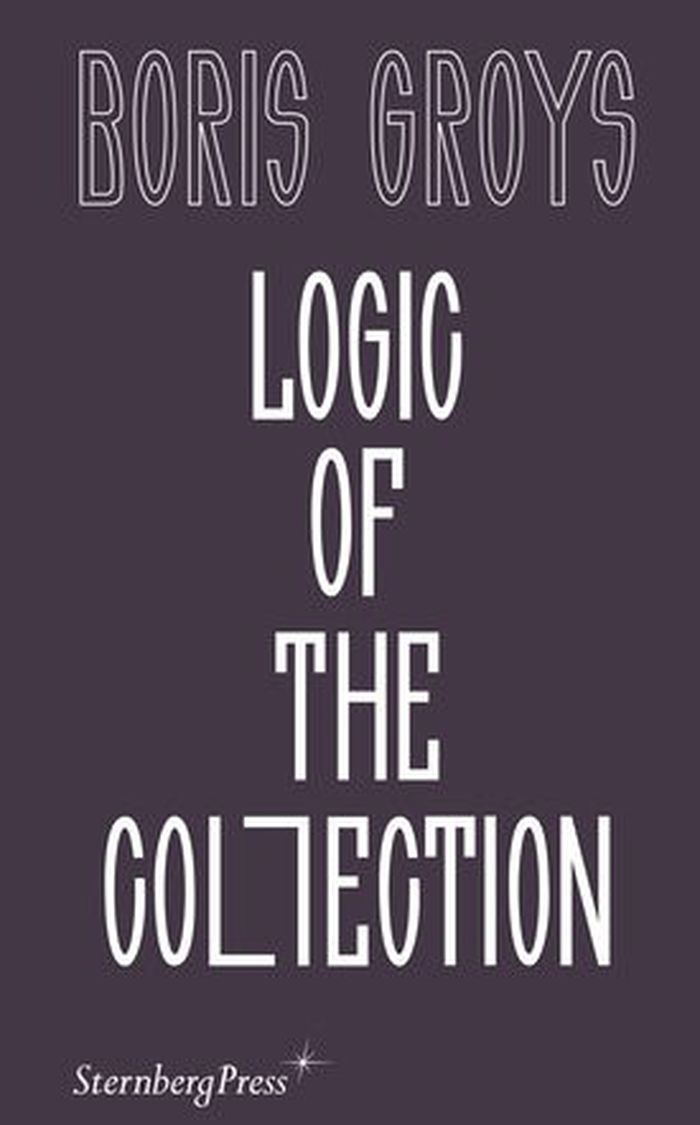$56.00
(disponible sur commande)
Résumé:
At no other point in their modern history have museums undergone such radical reshaping as in recent years. Challenges to create inclusive and accessible spaces open to appropriation and responsive to contemporary agendas have resulted in new architectural forms for museums, inside and out. "Reshaping museum space" pulls together the views of an international group of(...)
Reshaping museum space : architecture, design, exhibitions.
Actions:
Prix:
$56.00
(disponible sur commande)
Résumé:
At no other point in their modern history have museums undergone such radical reshaping as in recent years. Challenges to create inclusive and accessible spaces open to appropriation and responsive to contemporary agendas have resulted in new architectural forms for museums, inside and out. "Reshaping museum space" pulls together the views of an international group of museum professionals, architects, designers and academics highlighting the complexity, significance and malleability of museum space and provides reflections upon recent developments in museum architecture and exhibition design. The problems of navigating the often contradictory agendas and aspirations of the broad range of professionals and stakeholders involved in any new project are discussed in various chapters that concentrate on the process of architectural and spatial reshaping. Contributors review recent new build, expansion and exhibition projects questioning the types of museum space required at the beginning of the 21st century and highlighting a range of possibilities for creative museum design.
Muséologie
Curating Subjects
$36.00
(disponible sur commande)
Résumé:
This book is a welcome addition to he growing literature about exhibition making. Moving away from autobiographical, first person narratives, Curating Subjects instead invites its broad range of contributors to comment upon the curatorial endeavours of others. Conflating and colliding the past and the present with possible futures this book unfolds as an idiosyncratic(...)
Curating Subjects
Actions:
Prix:
$36.00
(disponible sur commande)
Résumé:
This book is a welcome addition to he growing literature about exhibition making. Moving away from autobiographical, first person narratives, Curating Subjects instead invites its broad range of contributors to comment upon the curatorial endeavours of others. Conflating and colliding the past and the present with possible futures this book unfolds as an idiosyncratic conversation that is at once informative, entertaining, and often revealing.
Muséologie
$39.95
(disponible sur commande)
Résumé:
With this richly illustrated history of industrial design reform in nineteenth-century Britain, Lara Kriegel demonstrates that preoccupations with trade, labor, and manufacture lay at the heart of Victorian-era debates about cultural institutions. Through aesthetic reform, Victorians sought to redress the inferiority of British crafts in comparison to those made on the(...)
Grand Designs: Labor, empire and the museum in Victorian culture
Actions:
Prix:
$39.95
(disponible sur commande)
Résumé:
With this richly illustrated history of industrial design reform in nineteenth-century Britain, Lara Kriegel demonstrates that preoccupations with trade, labor, and manufacture lay at the heart of Victorian-era debates about cultural institutions. Through aesthetic reform, Victorians sought to redress the inferiority of British crafts in comparison to those made on the continent and in the colonies. Declaring a crisis of design and workmanship among the British laboring classes, reformers pioneered schools of design, copyright protections, and spectacular displays of industrial and imperial wares, most notably the Great Exhibition of 1851. Their efforts culminated with the establishment of the South Kensington Museum, predecessor to the Victoria and Albert Museum, which stands today as home to the world’s foremost collection of the decorative and applied arts. Kriegel’s identification of the significant links between markets and museums, and between economics and aesthetics, amounts to a rethinking of Victorian cultural formation. Drawing on a wide range of sources, including museum guidebooks, design manuals, illustrated newspapers, pattern books, and government reports, Kriegel brings to life the many Victorians who claimed a stake in aesthetic reform during the middle years of the nineteenth century. The aspiring artists who attended the Government School of Design, the embattled provincial printers who sought a strengthened industrial copyright, the Exhibition-going millions who visited the Crystal Palace, the lower-middle-class consumers who learned new principles of taste in metropolitan museums, and the working men of London who critiqued the city’s art and design collections are all cast by Kriegel as leading cultural actors of their day. Grand Designs shows how these Victorians vied to upend aesthetic hierarchies in an imperial age and, in the process, to refashion London’s public culture.
Muséologie
$79.50
(disponible en magasin)
Résumé:
Au sein de l'histoire de l'architecture du XXe siècle, ce livre explore l'histoire des relations internationales et de la profession d'architecte après la Seconde Guerre mondiale, en particulier au travers des grands concours d'architecture et d'urbanisme. Pris ici comme une métaphore architecturale des tensions diplomatiques de la période, les compétitions(...)
L'apogée des concours d'architecture : L'action de l'uia 1948-1975
Actions:
Prix:
$79.50
(disponible en magasin)
Résumé:
Au sein de l'histoire de l'architecture du XXe siècle, ce livre explore l'histoire des relations internationales et de la profession d'architecte après la Seconde Guerre mondiale, en particulier au travers des grands concours d'architecture et d'urbanisme. Pris ici comme une métaphore architecturale des tensions diplomatiques de la période, les compétitions internationales connaissent un regain d'intérêts après 1945, notamment grâce à l'action de l'Union internationale des architectes (UTA).
Muséologie
$21.95
(disponible sur commande)
Résumé:
In 1990 Jacques Chirac, the future president of France and a passionate fan of non-European art, met Jacques Kerchache, a maverick art collector with the lifelong ambition of displaying African sculpture in the holy temple of French culture, the Louvre. Together they began laying plans, and ten years later African fetishes were on view under the same roof as the Mona(...)
Paris primitive : Jacques Chirac's museum on the quai branly
Actions:
Prix:
$21.95
(disponible sur commande)
Résumé:
In 1990 Jacques Chirac, the future president of France and a passionate fan of non-European art, met Jacques Kerchache, a maverick art collector with the lifelong ambition of displaying African sculpture in the holy temple of French culture, the Louvre. Together they began laying plans, and ten years later African fetishes were on view under the same roof as the Mona Lisa. Then, in 2006, amidst a maelstrom of controversy and hype, Chirac presided over the opening of a new museum dedicated to primitive art in the shadow of the Eiffel Tower: the Musée du Quai Branly. Paris Primitive recounts the massive reconfiguration of Paris’s museum world that resulted from Chirac’s dream, set against a backdrop of personal and national politics, intellectual life, and the role of culture in French society. Along with exposing the machinations that led to the MQB’s creation, Sally Price addresses the thorny questions it raises about the legacy of colonialism, the balance between aesthetic judgments and ethnographic context, and the role of institutions of art and culture in an increasingly diverse France. Anyone with a stake in the myriad political, cultural, and anthropological issues raised by the MQB will find Price’s account fascinating.
Muséologie
$46.50
(disponible sur commande)
Résumé:
Continuing her feminist reconceptualisation of the ways we can experience and study the visual arts, world-renowned art historian and cultural analyst Griselda Pollock proposes a series of new encounters throught virtuel exhibitions with art made by women over the twentieth century. Challenging the dominant museum models of art and history that have been so exclusive of(...)
Encounters in the Virtual Feminist Museum : time, space and the archive
Actions:
Prix:
$46.50
(disponible sur commande)
Résumé:
Continuing her feminist reconceptualisation of the ways we can experience and study the visual arts, world-renowned art historian and cultural analyst Griselda Pollock proposes a series of new encounters throught virtuel exhibitions with art made by women over the twentieth century. Challenging the dominant museum models of art and history that have been so exclusive of women's artistic contributions to the twentieth century, the virtual feminist museum stages some of the complex relations between femininity, modernity and representation.
Muséologie
$34.95
(disponible sur commande)
Résumé:
Art museums have emerged in recent decades as the most vibrant and popular of all cultural institutions. Though art museums have never been more popular, their direction and values are now being contested as never before, both in the media and in the art world itself. This engaging thematic history of the art museum from its inception in the eighteenth century to the(...)
The Art Museum from Boullée to Bilbao
Actions:
Prix:
$34.95
(disponible sur commande)
Résumé:
Art museums have emerged in recent decades as the most vibrant and popular of all cultural institutions. Though art museums have never been more popular, their direction and values are now being contested as never before, both in the media and in the art world itself. This engaging thematic history of the art museum from its inception in the eighteenth century to the present offers an essential framework for understanding contemporary debates as they have evolved in Europe and the United States. From the visionary museums of Boullée in the eighteenth century to the new Guggenheim in Bilbao and beyond, it explores key aspects of museum theory and practice: ideals and mission; architecture; collecting, classification, and display; the public; commercialism; and restitution and repatriation. The only single volume to give a comprehensive account of the issues critical to museums, the book also highlights the challenges they will face in the future.
Muséologie
$34.95
(disponible sur commande)
Résumé:
From April to October in 1964 and 1965, some 52 million people from around the world flocked to the New York World's Fair, an experience that lives on in the memory of many individuals and in America's collective consciousness. Lawrence R. Samuel offers a thought-provoking portrait of this seminal event and of the cultural climate that surrounded it, countering critics'(...)
octobre 2007, Syracuse
The end of innocence : The 1964-1965 New York world's fair
Actions:
Prix:
$34.95
(disponible sur commande)
Résumé:
From April to October in 1964 and 1965, some 52 million people from around the world flocked to the New York World's Fair, an experience that lives on in the memory of many individuals and in America's collective consciousness. Lawrence R. Samuel offers a thought-provoking portrait of this seminal event and of the cultural climate that surrounded it, countering critics' assessment of the Fair as the "ugly duckling" of global expositions. Although much attention has been paid to the controversial role of Fair president Robert Moses, who tried to use the event to ensure his personal legacy, the Fair itself was for the great majority of visitors an overwhelmingly positive, often inspirational, and sometimes transcendent experience that truly delivered on its theme of "peace through understanding." Much of the Fair's popularity, Samuel suggests, stemmed from its looking backward as much as forward, offering visitors sanctuary from the cultural storm that was rapidly approaching in the mid-1960s. Opening just five months after President Kennedy's assassination, the Fair allowed millions to celebrate international brotherhood while the conflict in Vietnam came to a boil. The Fair glorified the postwar American dream of limitless optimism just as a counterculture of sex, drugs, and rock 'n' roll was coming into being. It was, in short, the last gasp of the American Dream: The End of the Innocence.
$27.00
(disponible en magasin)
Résumé:
Museums, galleries, foundations, collectors, artists, viewers--how do they all come together? How is that changing? This collection of essays and some photographs from a Cologne working group called European Kunsthalle tackles the fundamental issues facing new initiatives and institutions for contemporary art. It is divided into five topics: The Problem of Location, The(...)
Under Construction : perspectives on institutional practice
Actions:
Prix:
$27.00
(disponible en magasin)
Résumé:
Museums, galleries, foundations, collectors, artists, viewers--how do they all come together? How is that changing? This collection of essays and some photographs from a Cologne working group called European Kunsthalle tackles the fundamental issues facing new initiatives and institutions for contemporary art. It is divided into five topics: The Problem of Location, The Process of Societal Transformation, Cultural Economies, Curatorial Concepts, and, most ambitiously of all, The Way in Which the Art System Operates. Articles and discussion transcripts include "The Crisis of the Audience," "The Cultural Politics of Institutions," "Smuggling: A Curatorial Model," "The Power and Powerlessness of the Private Collector" and Liam Gillick's "Revised Construction of One."
Muséologie
Logic of the collection
$39.00
(disponible sur commande)
Résumé:
In modernity, the museum was the institution that made art accessible to the broader public. An artwork was collected if it was considered beautiful, passionate, engaged, or critical—and primarily if it was deemed historically relevant. But today, with the total availability and saturation of images, the museum has lost its privileged status as the exclusive place for the(...)
Logic of the collection
Actions:
Prix:
$39.00
(disponible sur commande)
Résumé:
In modernity, the museum was the institution that made art accessible to the broader public. An artwork was collected if it was considered beautiful, passionate, engaged, or critical—and primarily if it was deemed historically relevant. But today, with the total availability and saturation of images, the museum has lost its privileged status as the exclusive place for the display of art. In our age of digital media, how does a particular artwork get selected for a museum collection? Which symbolic criteria must this artwork satisfy for it to obtain value? And in what ways does the institution of the museum remain relevant? 'Logic of the Collection' is framed by Boris Groys’s original and provocative proposition: an artwork is considered historically relevant if it fits the logic of the museum collection. In these critical essays, the philosopher and theorist of art and media analyzes the relationship between the logic of the collection and various modern ideologies. He reflects on the explosion of art production and distribution through the ascendency of digital media as well as the ways in which the accumulated artworks will be collected and preserved in the future, as the potential limits of public and private collections are reached.
Muséologie
